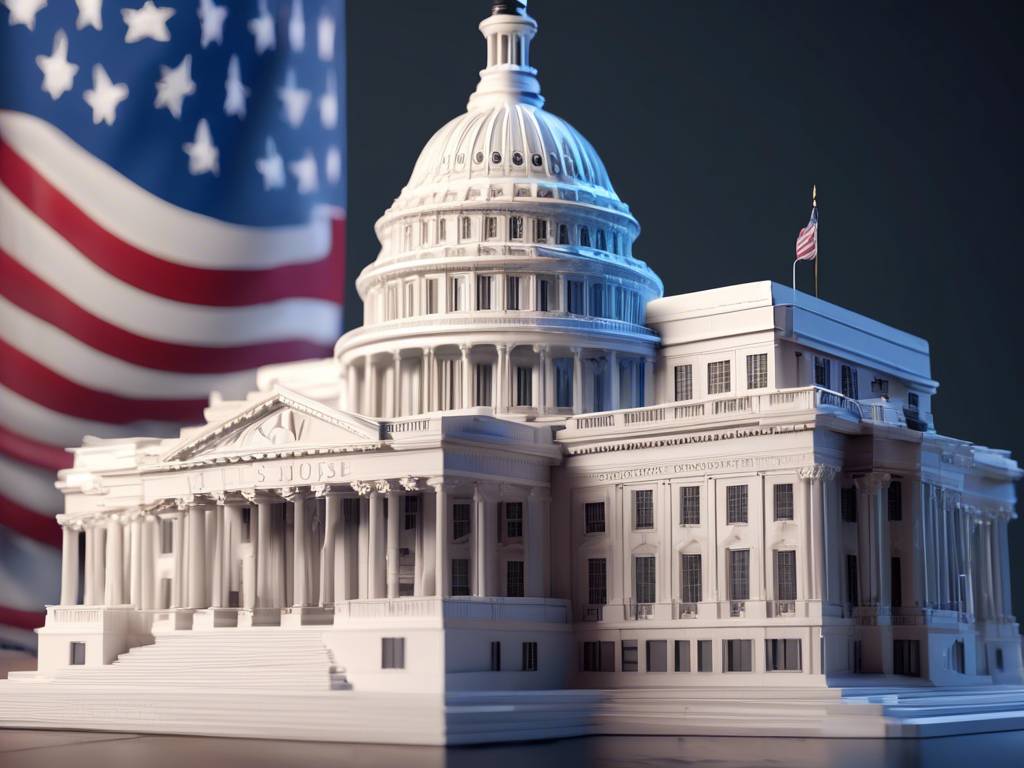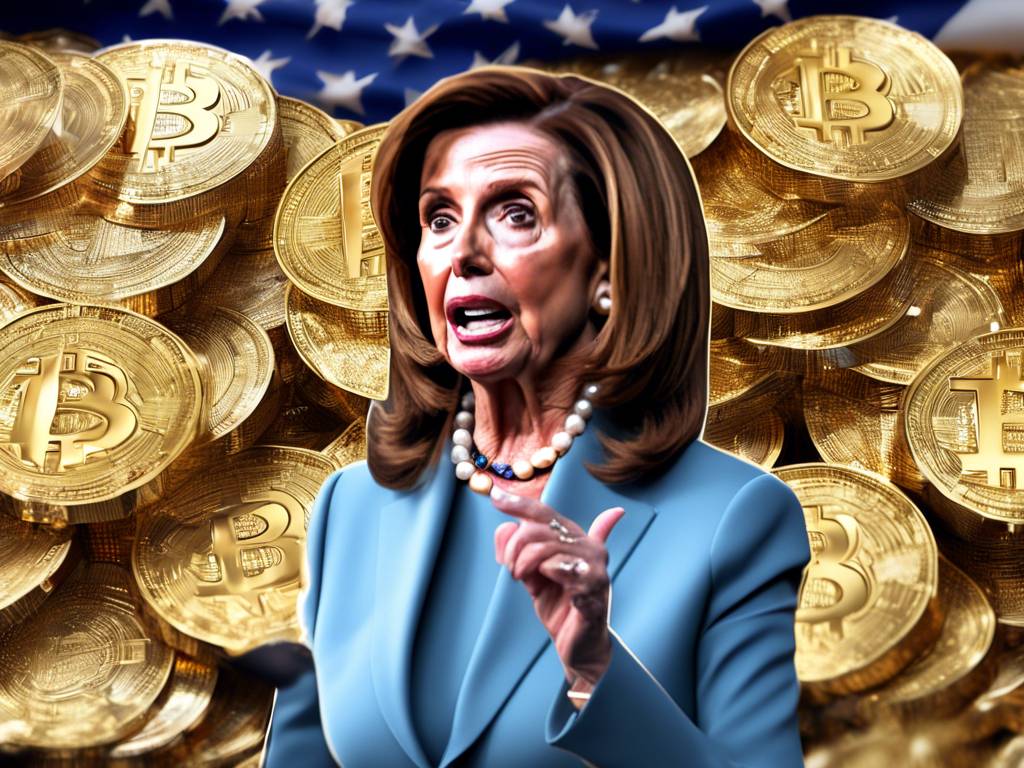The US Decentralization Bill: A Game-Changer for Crypto Regulation
Prepare for significant changes in the cryptocurrency landscape as the US House of Representatives gears up to vote on the Decentralization Bill, also known as the Financial Innovation and Technology for the 21st Century Act (FIT21). This crucial legislation is set to bring much-needed clarity and coherence to the regulation of digital assets in the United States. As a crypto enthusiast, it is essential to stay informed about the potential implications of this bill on your trading and investment activities.
The Importance of Regulatory Clarity in Cryptocurrency
Understanding the US Decentralization Bill and its potential impact on blockchain projects is vital for all crypto stakeholders. Here are some key points to consider:
- The US House of Representatives is scheduled to vote on the Decentralization Bill (HR 4763) this week.
- This bill aims to define and differentiate the regulatory roles of the SEC and the CFTC in overseeing digital assets.
Key Elements of the US Decentralization Bill
Delve deeper into the provisions of the US Decentralization Bill to grasp its significance for the crypto industry:
- The legislation seeks to establish a clear framework for regulating digital assets based on their decentralization and functionality.
- It distinguishes between “restricted digital assets” under SEC jurisdiction and “digital commodities” regulated by the CFTC.
- Initial Coin Offerings (ICOs) and other transactions involving new digital assets would be subject to SEC-style disclosure requirements.
Industry Support for the US Decentralization Bill
Leading blockchain and digital asset firms, including Ripple, Kraken, and Circle, have expressed their support for the Decentralization Bill. These industry players are advocating for:
- An innovation-friendly regulatory environment
- Clear guidelines for compliance and user protection
- A framework that fosters growth and development in the digital asset space
Granting SEC Certification under the Decentralization Bill
One of the significant aspects of the US Decentralization Bill is the introduction of a certification process for blockchain systems. Here’s what you need to know:
- Certified blockchain systems are designated as decentralized entities, making the associated digital assets exempt from SEC regulation.
- As “digital commodities,” these assets fall under CFTC oversight, allowing for broader trading opportunities on regulated exchanges.
The Impact of the US Decentralization Bill on Crypto Regulations
If the FIT21 Act is approved, it will have far-reaching implications for the cryptocurrency sector in the United States:
- Clarity and predictability in regulatory enforcement
- Reduced uncertainty for market participants and investors
- A shift towards industry-friendly regulations and compliance standards
Hot Take: The Future of Crypto Regulation in the US
Get ready for a new era of crypto regulation with the US Decentralization Bill on the horizon. Stay tuned for updates on how this groundbreaking legislation could shape the future of digital asset trading and investment in the United States.





 By
By
 By
By

 By
By

 By
By